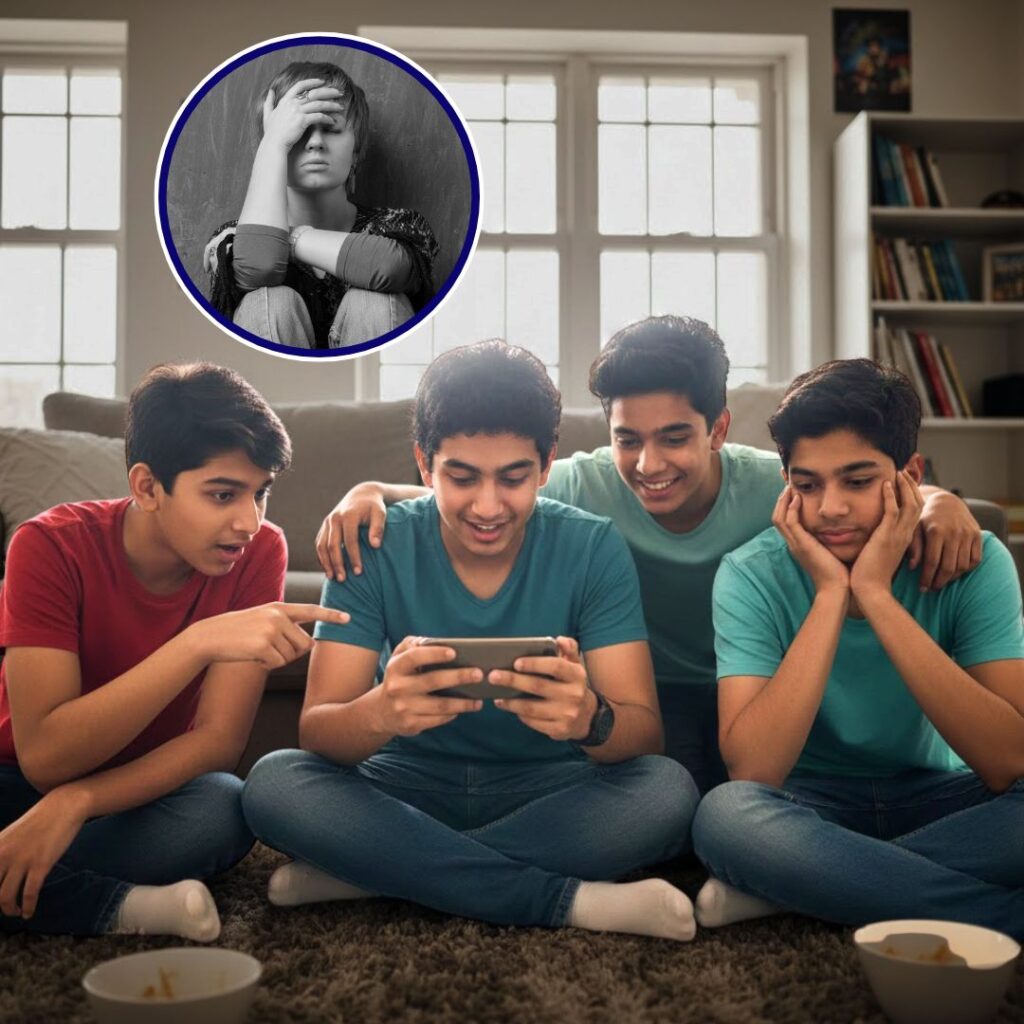The 9 November NDTV Ban:
On 29 January 2016, NDTV India was issued a notice for violation of the Cable TV Network (Regulation) Act. The Information & Broadcasting (I&B) Ministry raised issues regarding NDTV’s coverage of the 2 January 2016 Pathankot terror attack. The Ministry accused the news channel of revealing sensitive information during the attack, including details of ammunition stockpiles, the location of residential areas, details about MIGs and fuel tanks, and the location of the attackers. NDTV responded to the Government’s notice by saying their reporting had been “balanced and responsible”. An Inter-Ministerial Committee (IMC) heard NDTV’s arguments on 25 July. Today, NDTV Ltd. – the parent company which operates NDTV India – has approached the Supreme Court against the ban. They have filed a writ petition questioning the constitutional validity of government action.
On 2 November, an order that NDTV India would be banned from transmission for a day on 9 November was made public. The order declared that the Government would “prohibit the transmission or re-transmission of NDTV India channel for one day on any platform throughout India with effect from 00:01 hrs on 9th November 2016 till 00:01 hrs of 10th November 2016”.
The Cable TV Network (Regulation) Act was passed in 1994 has been amended many times since. The provision under which the Government has decided to ban NDTV on 9 November 2016 is Rule 6(1)(p). This provision was introduced through a 2015 amendment, and is a component of the “Programme Code” of the Act.
Rule 6(1)(p) reads thus: “(No programme should be carried in the cable service which) contains live coverage of any anti-terrorist operation by security forces, wherein media coverage shall be restricted to periodic briefing by an officer designated by the appropriate Government, till such operation concludes.” The explanation given under the amendment is: “For the purposes of this clause, it is clarified that “anti-terrorist operation” means such operation undertaken to bring terrorists to justice, which includes all engagements involving justifiable use of force between security forces and terrorists.”
While successive Governments over the years have invoked the above Act to stop transmission of TV channels, this is the first time that a news channel has been issued a notice, and the first time that Rule 6(1)(p) – the national security clause – has been invoked. In the past decade, TV channels have been banned 28 times, but for reasons pertaining to nudity and adult content.
Supporters of the ban have cited arguments of threat to national security while opponents of the ban have criticized the attack on freedom of the press and misuse of Government machinery.
The Government’s Argument:
The I&B Minister Venkaiah Naidu said, “This decision was only a culmination of the larger security concerns being expressed since 2008 Mumbai terror attacks. NDTV India has been found to have violated this provision and was found to be unrepentant about what they have done. This channel was also found to have resorted to similar violations earlier.”
Defence Minister Manohar Parrikar told reporters, “I will convey your apprehensions and worries to the I&B Minister. But I feel that apart from violating guidelines pertaining to such coverage, this issue has something to do with security. Therefore, I will also tell them that the reasons behind it should be conveyed to the media.”
NDTV’s Statement
A day after the ban was issued, NDTV released a statement saying, “The order of the MIB (Ministry of I&B) has been received. It is shocking that NDTV has been singled out in this manner. Every channel and newspaper had similar coverage. In fact NDTV’s coverage was particularly balanced. After the dark days of the emergency when the press was fettered, it is extraordinary that NDTV is being proceeded against in this manner. NDTV is examining all options in this matter.”
Support for NDTV
Many media outlets and Opposition politicians reiterated NDTV’s arguments that its broadcast of the Pathankot attack was not dissimilar to that of other media channels. Non-BJP leaders led by the Chief Ministers of West Bengal and Delhi criticised the “unprecedented” move and called for an immediate withdrawal of the ban.
There was also the argument of freedom of the press. The Editor’s Guild of India released a statement saying the Guild “strongly condemns the unprecedented decision of the inter-ministerial committee of the Union Ministry of Information and Broadcasting to take NDTV India off the air for a day and demands that the order be immediately rescinded. The decision to take the channel off the air is a direct violation of the freedom of the media and, therefore, the citizens of India, and amounts to harsh censorship imposed by the government reminiscent of the Emergency.”
Has NDTV been singled out?
The argument by all the supporters of the channel has been that NDTV did not give out any inf…












